Uncategorized
-
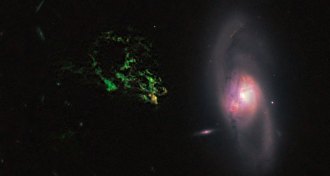 Astronomy
AstronomyHere’s what really happened to Hanny’s Voorwerp
Glowing clouds of gas known as Hanny’s Voorwerp offer a way to study galaxies and black holes in the distant past.
-
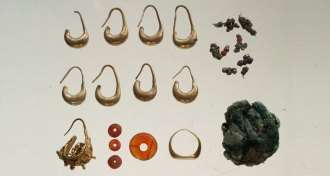 Archaeology
ArchaeologyHidden hoard hints at how ancient elites protected the family treasures
A secret stash at an ancient site in Israel called Megiddo illuminates the Iron Age practice of hoarding wealth.
By Bruce Bower -
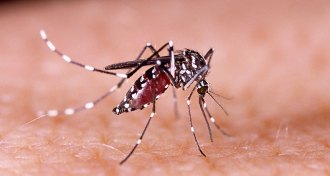 Animals
AnimalsRough lessons can lessen the pull of human scent on a mosquito
A form of aversion therapy for mosquitoes shows they can connect human scent to a bad experience.
By Susan Milius -
 Quantum Physics
Quantum Physics‘Arrow of time’ reversed in quantum experiment
In quantum systems, heat can flow “backward,” from cold to hot.
-
 Science & Society
Science & SocietyActress Hedy Lamarr laid the groundwork for some of today’s wireless tech
‘Bombshell’ tells the story of Hedy Lamarr’s double life as a Hollywood starlet and tech inventor.
-
 Climate
ClimateClimate foiled Europeans’ early exploration of North America
The book ‘A Cold Welcome’ examines how the Little Ice Age and other climatic and geographic factors shaped colonial history.
By Diana Steele -
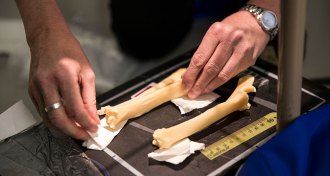 Genetics
GeneticsBones show Dolly’s arthritis was normal for a sheep her age
Cloning didn’t cause the famous sheep to age prematurely.
-
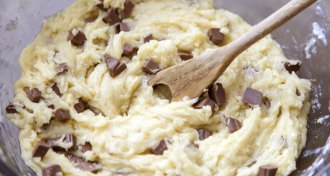 Health & Medicine
Health & MedicineStep away from the cookie dough. E. coli outbreaks traced to raw flour
Flour, though low in moisture, can sicken people with E. coli toxins if it is eaten raw.
-
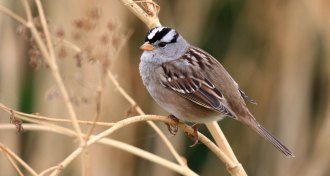 Animals
AnimalsSeeds coated in a common pesticide might affect birds’ migration
Eating small amounts of a neonicotinoid pesticide can disorient white-crowned sparrows.
-
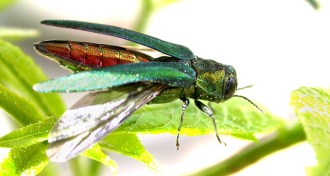 Plants
PlantsThe dietary habits of the emerald ash borer beetle are complicated
Tests answer some questions about the emerald ash borer’s hidden taste for olive and fringe trees.
By Susan Milius -
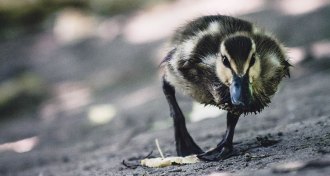 Animals
AnimalsEven a tiny oil spill spells bad news for birds
Just a small amount of crude can make birds less active.
-
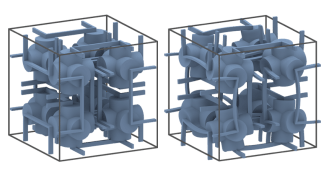 Materials Science
Materials ScienceThis material does weird things under pressure
A new metamaterial has a seemingly impossible property: It swells when squeezed.